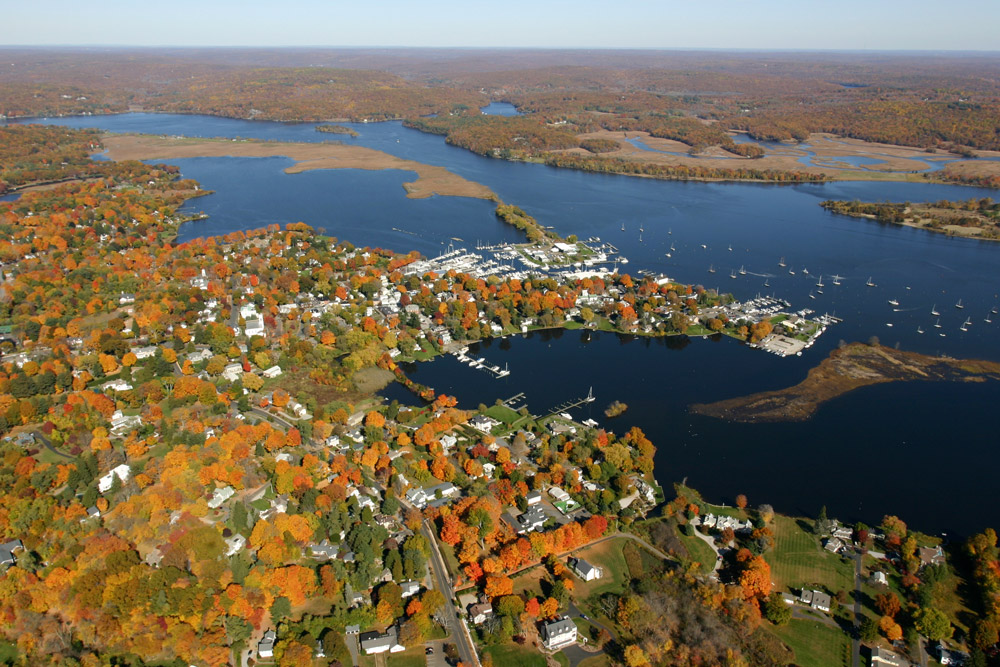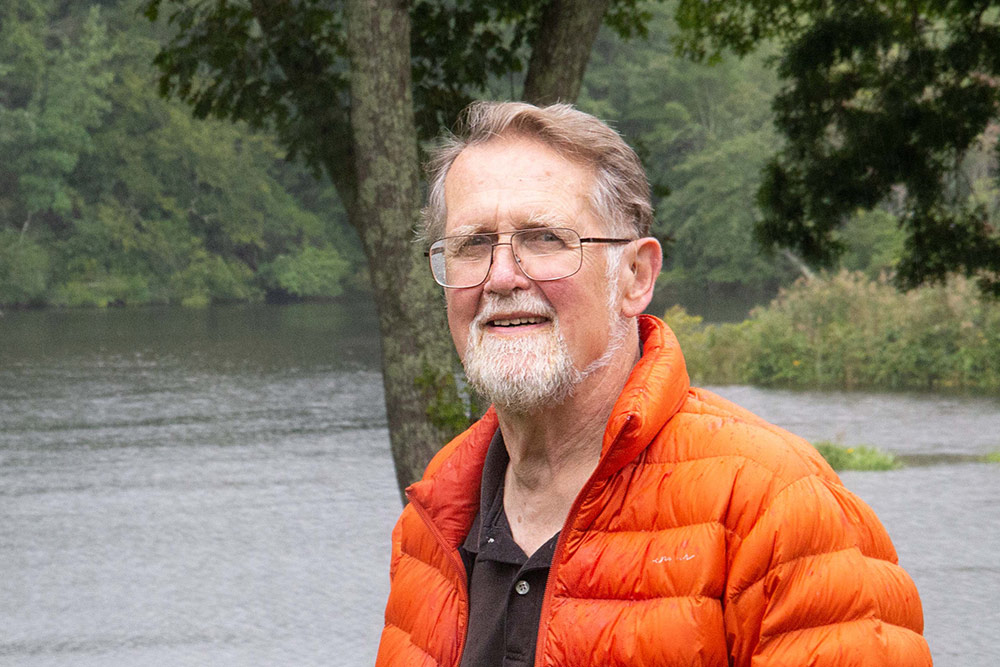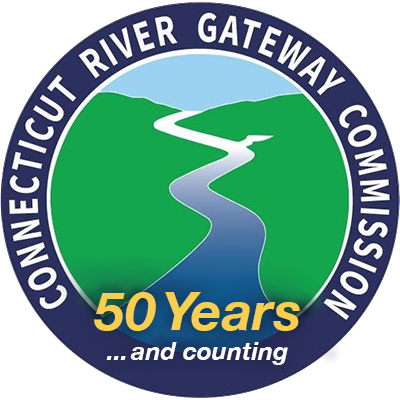Land Protection Agreements
Tom Walsh, Shoreline Aerial Photography
Landowners
Owners of scenic or prominent land within the Zone can protect their properties for future generations, and possibly gain a financial benefit from doing so.
Land protection agreements, or easements, can legally protect views or prevent future development. This conservation approach leaves you as owner of the property, while you decide exactly what can or cannot be done on the property in the future. You are leaving a natural legacy of your making, while continuing to enjoy your property.
Types of agreements might prevent any new building on your property or seek to protect forested land and its wildlife. Development rights may be donated to the State of Connecticut, a local government or land trust, or a non-profit organization like The Nature Conservancy. Alternatively, you may wish to explore if an organization may pay for the development rights to your property. Either approach ensures that the property’s protection, created by you, continues over time no matter how future ownership may change.
You and the organization holding the agreement will work together to oversee your land. Agreements can call for periodic inspections, by a town or land trust, e.g., to ensure that your wishes for the property are being following.
Financial advantages of a land protection agreement may include tax breaks, now and for your heirs when your estate is settled. You should consult with a financial advisor, accountant, or attorney to see if an agreement is right for you and your family.
For more information email us at contact@ctrivergateway.org.

Tom Walsh, Shoreline Aerial Photography
Looking for more information on land protection agreements?

Almost a Half Century of Service
Melvin Woody, the CT River Gateway Commission Vice Chairman and Lyme representative, has served on the body and its predecessor the Gateway Committee since its initial days, almost 50 years. Dr. Woody is a Professor Emeritus at Connecticut College.
